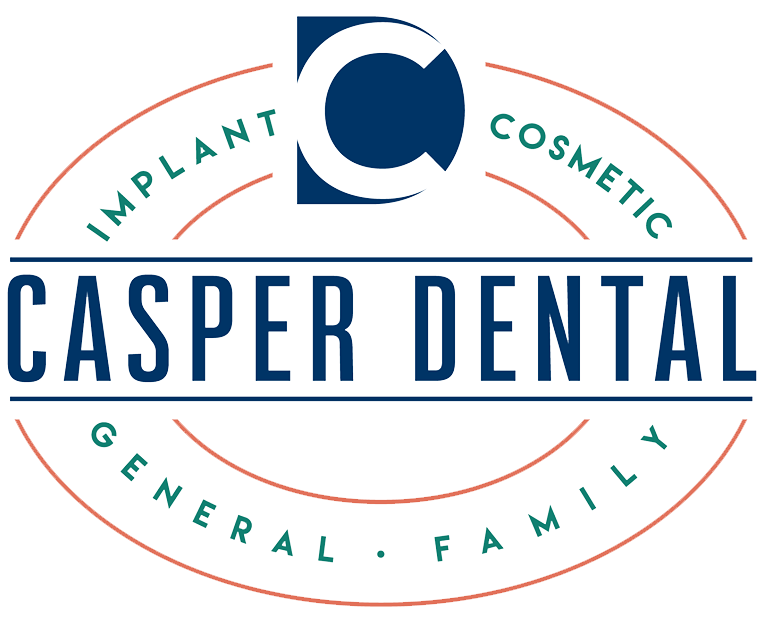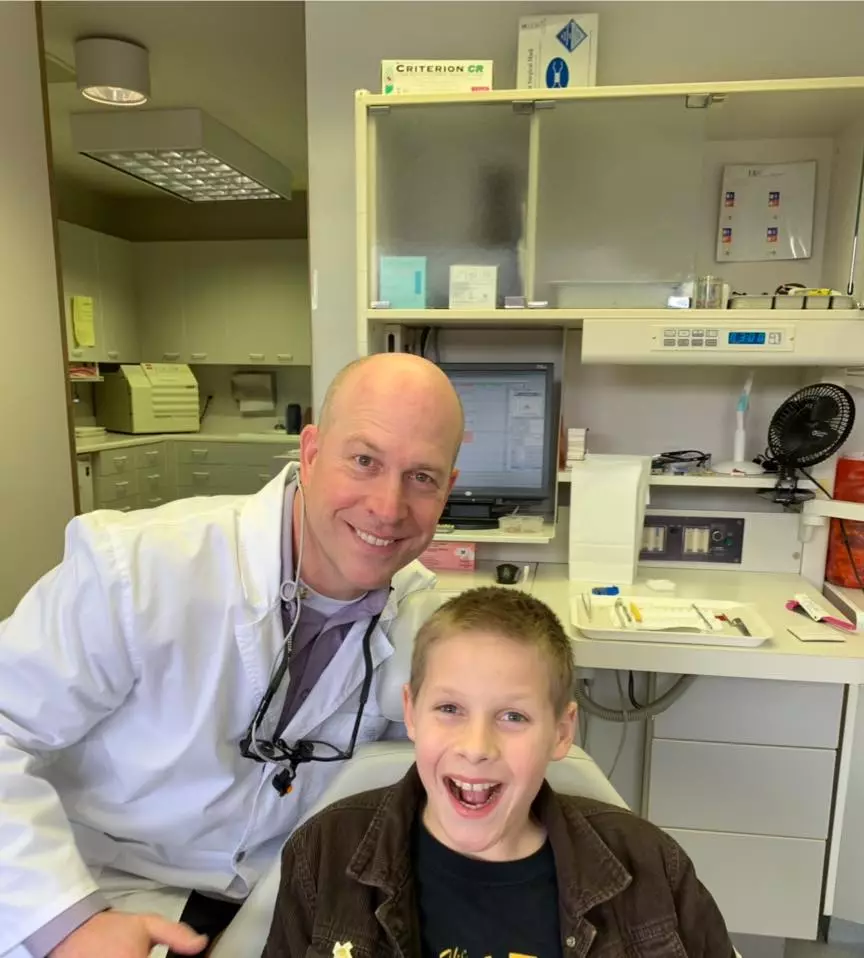Dental cleaning is an essential component of general and cosmetic dentistry and is widely recommended on a biannual basis. For those who do follow this rule, post-cleaning dental sensitivity and dental pain are no biggie!
However, for those who do not visit the dentist quite frequently, toothache following an oral cleaning can be worrying. Then there is that lot that is terrified of booking an appointment just of the thought of the pain.
The truth is whether you get a simple dental cleaning or a deep cleaning, the pain is quite easy to manage. Therefore, to put your nerves at ease and help you manage tooth sensitivity. We have discussed some key tips that can relieve any pain you feel after a dental cleaning. Luckily, dental cleaning procedures at many Richland family dental clinics are focused on patient comfort and they treat your teeth in the gentlest way possible.
To begin with, let’s first talk about why we experience tooth sensitivity after a dental cleaning.
Causes of Pain after Dental Cleaning:
Experiencing discomfort and pain following a dental cleaning appointment is quite normal. However, why it happens is an important question to answer. To understand the cause of anything in general and cosmetic dentistry. It is important to look at the anatomy of a tooth.
The outermost, protective layer of the tooth called the enamel. Which is followed by a second protective layer that covers the nerve tissues deeper inside the tooth.
This inner layer is known as the dentin and it is extremely sensitive. When dental tools come in contact with this layer and push against it to remove any contaminants. It becomes even more sensitive.
Ordinarily, the root of the tooth is dug underneath the gum tissue. However, in some types of dental cleaning like root planning, periodontal maintenance and even deep cleaning processes like gross debridement, root surfaces need to be smoothed out so the gum tissue can stick to them more firmly.
People who suffer from gum recession. Due to aggressive brushing and grinding of teeth and even smoking, often have exposed roots. This means that when dental instruments come in contact with these exposed roots during cleaning. They become very sensitive and lead to oral pain.
This is the reason why at many Richland family dental clinics, dental experts and hygienists try to be as gentle as they can be. With their tools to eliminate as much pain as they can both during the process and after it.
Ways to Relieve Pain after Dental Cleaning
Here are a few easy ways in which you can minimize the pain:
- Consult your Dentist: If you have sensitive teeth and often experience pain in dental exams, make sure that you inform your dentist before the cleaning. Sensitive teeth can be a sign of oral disease, like gingivitis that the dentist would have to diagnose before determining the type of dental cleaning that would work for you. Moreover, they would also be more careful with their tools and even use numbing creams to subside the pain.
- Use painkillers: If your teeth have an excessive accumulation of plaque and tartar, your gums might swell after a dental cleaning. To relieve the pain and the swelling, you can use over-the-counter painkillers like Ibuprofen, Advil and Motrin, etc. Take one an hour before the appointment, and the next dose 5-6 hours after the procedure.
- Use toothpaste for sensitive teeth: Toothpaste like Sensodyne and Prevident is specifically formulated for sensitive teeth and is highly recommended to relieve any post-cleaning dental pain. While Sensodyne is over-the-counter toothpaste that you can easily purchase. Prevident is a prescription-based toothpaste and will be prescribed by the dentist if you experience severe and persistent dental pain. It is often recommended to be used for 6-8 weeks and can do wonders for acute dental pain that refuses to go!
- Use a soft-bristled brush: Using a hard or medium-bristled toothbrush after a dental cleaning can make your already sensitive teeth, even more, sensitive and painful. Therefore, opt for a soft-bristled toothbrush for gentler brushing.
- Use warm salt water: When there is an excessive buildup of tartar and plaque, dentists have to clean under the gum tissue, which can lead to gum inflammation. Rinsing your mouth with warm, salt water can have a soothing effect on your swollen gums.
- Use warm water with honey: Just like salt water, honey also has a soothing effect on your teeth and gums. To reduce discomfort and relieve tooth sensitivity. Drink warm water with honey at least thrice a day after your dental cleaning.
- Maintain good oral health: Keeping your teeth clean and healthy goes a long way in preventing the accumulation of contaminants and making sure your dental visits are as little pain as possible.
We hope that with these simple tips for handling dental pain. You will feel less intimidated by visiting the dentist’s office.
Don’t forget to book your next dental cleaning at Casper Family Dental. Casper Family Dental is a tri-city family dental clinic that is offering pain-free, stress-free to patients in Richland, Kennewick and Pasco WA. Let not fear hold you back from having clean, sparkling white teeth!


